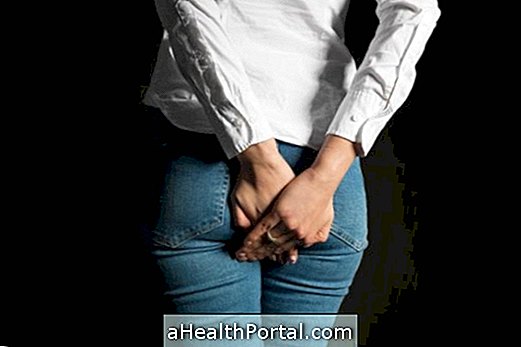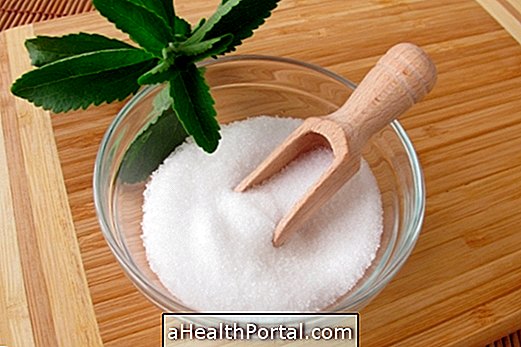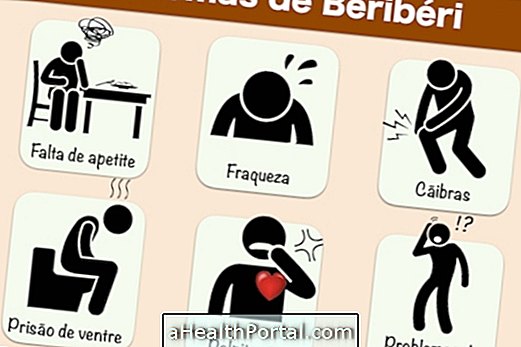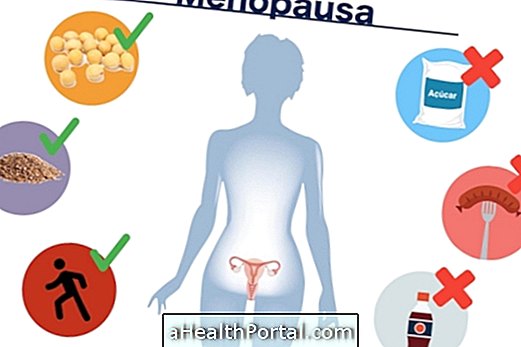Holding the gases can cause problems like bloating and abdominal discomfort due to the buildup of air in the intestine. However, the good news is that arresting the gases usually has no serious consequences, as the most dangerous side effect, which is breaking the intestine, is very rare even in patients with severe gas accumulation.
On average, a person eliminates gas about 10 to 20 times a day, but that amount may increase according to the diet or the presence of intestinal diseases such as Irritable Bowel Syndrome, stomach problems and colon cancer.

1. Abdominal distension
The abdominal distension is when the belly becomes swollen due to excess gas, which accumulate along the intestine without getting a way out. Holding the boom causes the gases that would be eliminated to return to the intestine and accumulate there, causing the abdominal distension.
2. Tummy tuck
By holding the gas, you force the intestine to accumulate something that should be eliminated, and this excessive buildup of air causes the walls of the intestine to be forced to increase in size, causing distention and abdominal cramps.
3. Gut wall rupture
Intestinal rupture, which is when the colon explodes resembling a bladder, is a serious consequence of arresting the gas, but usually only occurs in people with serious health problems such as obstruction or intestinal cancer.
How gases are produced
The pum is a result of the accumulation of intestinal gas, which comes from swallowed air during chewing or speech, and from the decomposition of food by the intestinal flora.
The amount of gas produced depends on food, health and composition of the intestinal flora, but some foods stimulate more gas production, such as cabbage, beans, eggs and broccoli. See the list of foods that cause flatulence.

What the bad smell means
In general, most gases do not smell, but when the bad smell occurs it is usually the result of excess sulfur, a substance produced during the fermentation of bacteria in the intestine. In addition, some foods like eggs and broccoli also produce more foul smells.
However, frequent gases with strong odor can also be the result of problems like food poisoning, Irritable Bowel Syndrome, food malabsorption and colon cancer.
When you worry about excess gas
Excessive gas can be troublesome when it causes constant bloating, discomfort and abdominal pain. In these cases, your doctor may advise you to count how many times a day gas elimination occurs and keep notes on the food you eat.
If there are more than 20 flatulence per day, the doctor can evaluate if there is any food causing discomfort or if there are problems such as poor digestion, food intolerance and changes in intestinal flora.
See more tips in the following video on how to eliminate gases in the best way:





















